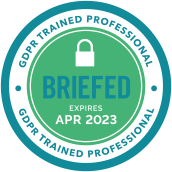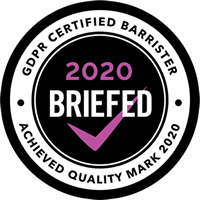
1Globe Capital LLC v Sinovac Biotech Ltd [2025] UKPC 3
29th January 2025
On 16 January 2025, the Judicial Committee of the Privy Council (JCPC) gave judgment in 1Globe Capital LLC v Sinovac Biotech Ltd [2025] UKPC 3 – an appeal addressing the adoption of so-called ‘poison pill’ rights agreements, as well as issues around the election of directors, and voting at general meetings.
David Chivers KC and Samuel Parsons appeared for the Appellant, 1Globe Capital, instructed by Herbert Smith Freehills. James Potts KC and Andrew Blake appeared for the Respondent, Sinovac Biotech Ltd (Sinovac), instructed by Latham & Watkins and Paul Hastings (Europe) LLP.
Sinovac is a US-listed, Antigua-incorporated, China-based biopharmaceutical company that focuses on the research, development, production and commercialization of vaccines. It was the subject of competing takeover offers in 2016, following which two issues arose for determination, ultimately by the JCPC (on appeal from the Eastern Caribbean Court of Appeal).
The first concerned the adoption by Sinovac in 2016 of a rights agreement (often referred to as a “poison pill”) governed by Delaware law and designed to guard against abusive or coercive tactics to gain control of the company. The JCPC ruled that the rights agreement was invalid, on the grounds that it ‘added rights’ in respect of Sinovac’s shares, and so required shareholder approval for its adoption rather than Board approval, pursuant to the applicable companies legislation.
The second issue concerned the outcome of an AGM held in 2018, at which one group of shareholders sought to replace the incumbent board of directors with a new board. The JCPC ruled that the lack of advance notice of the shareholders’ intention to seek to replace the board did not undermine the validity of the votes cast at the AGM, as a result of which the incumbent board had been replaced with effect from the AGM.
The decision, which overturned the decisions below, is likely to be of considerable interest to those involved in contentious takeover activity and shareholder activism – both domestically and offshore.
The full judgment is available here .



